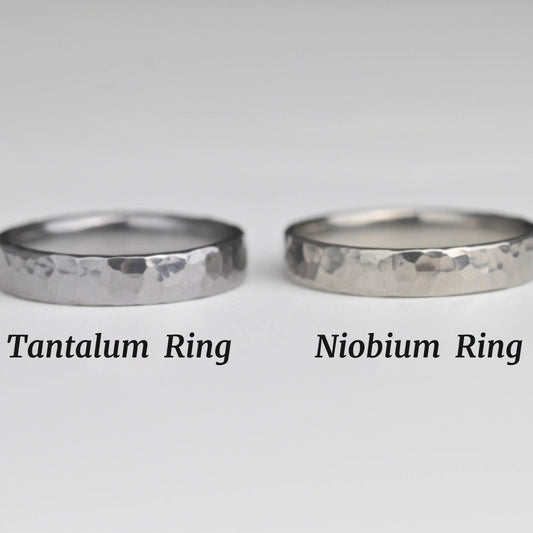Heavy Hydrogen Unpacking the Atomic Oddity
Heavy Hydrogen Unpacking the Atomic Oddity
When I first heard about heavy hydrogen, I was sitting in my uncle's cluttered study, a place that smelled faintly of musty old books and lemon polish. He had a knack for turning science into stories, weaving complex ideas into adventures that even my young mind could grasp. As he passionately relayed the nuances of hydrogen’s heavier cousin, it piqued my interest, making me realize how the building blocks of our universe come in various, sometimes unexpected, forms.
Heavy hydrogen, scientifically known as deuterium, is essentially hydrogen's slightly heftier sibling. While a regular hydrogen atom comprises one proton and a lonely electron, deuterium carries an extra neutron in its nucleus. This minute addition doubles the atom's mass and creates a world of difference in its chemical and physical behavior. And yet, despite its weightier nature, deuterium exists in relative abundance—the oceans, in fact, are rich with it.
It turns out that deuterium plays a significant role beyond chemical experiments and laboratory curiosities. In the world of energy, it becomes a protagonist in nuclear fusion research. Scientists dream of harnessing the power of the stars, and deuterium offers a promising path toward that dream. The isotope can potentially act as a fuel for fusion reactors, which might one day provide a sustainable and nearly limitless energy source. Yet, this prospect is laced with challenges, akin to trying to capture lightning in a bottle. My uncle used to say that if we ever manage to make fusion a reality, we'd have done something akin to turning lead into gold.
Thinking of my uncle's stories, I realize how this isotope connects to a broader narrative about our quest for understanding and mastery over nature. There's a poetic symmetry in using an abundant element, hidden in our everyday water, to unlock one of the universe's most powerful forces. It's like having a hidden treasure in plain sight, just waiting for the right key.
There are cultural and historical threads tied to deuterium too. During World War II, the "heavy water" production in Norway became a strategic focal point, leading to dramatic raids and espionage—stories that would later captivate audiences in films and literature. I remember reading about these events and feeling a sense of awe at how even atoms could shape the course of history, influencing human decisions and geopolitical strategies.
On a quieter note, heavy hydrogen also plays a role in scientific research that tries to untangle the complexities of life's origins. Researchers use deuterium to trace biochemical pathways, offering insights into how simple molecules may have evolved into the complex tapestry of life we see today. It's a bit mind-blowing to think about how, in some indirect way, this tiny atom may hold clues to understanding our own existence.
Looking back on that evening in my uncle's study, I'm grateful for how heavy hydrogen—a seemingly dry topic—sparked a lasting curiosity in me. It’s a reminder of the marvels hidden within the mundane, and how even the most elementary particles can tell stories as grand as myths. Perhaps next time you take a sip of water, you'll spare a thought for the heavy hydrogen quietly lurking within, a silent witness to the universe's grand tale.

























